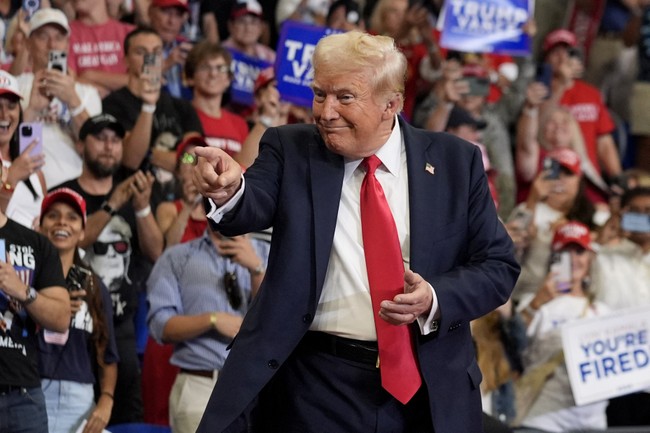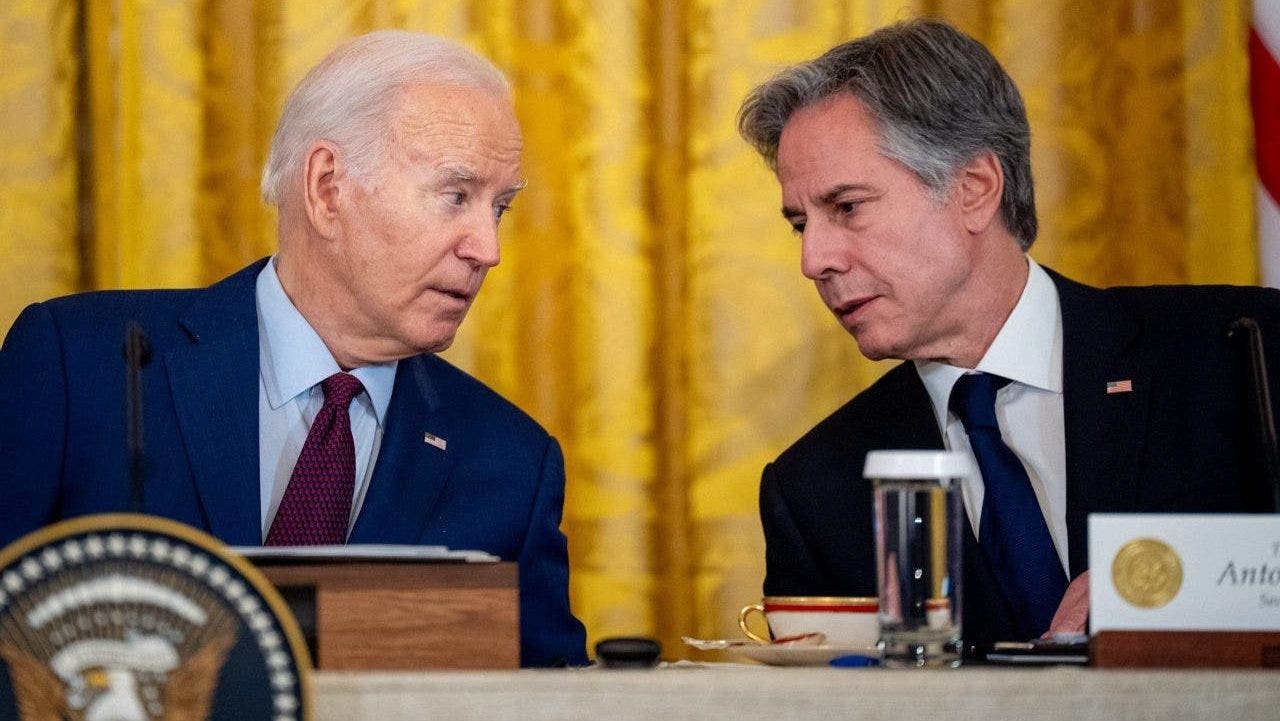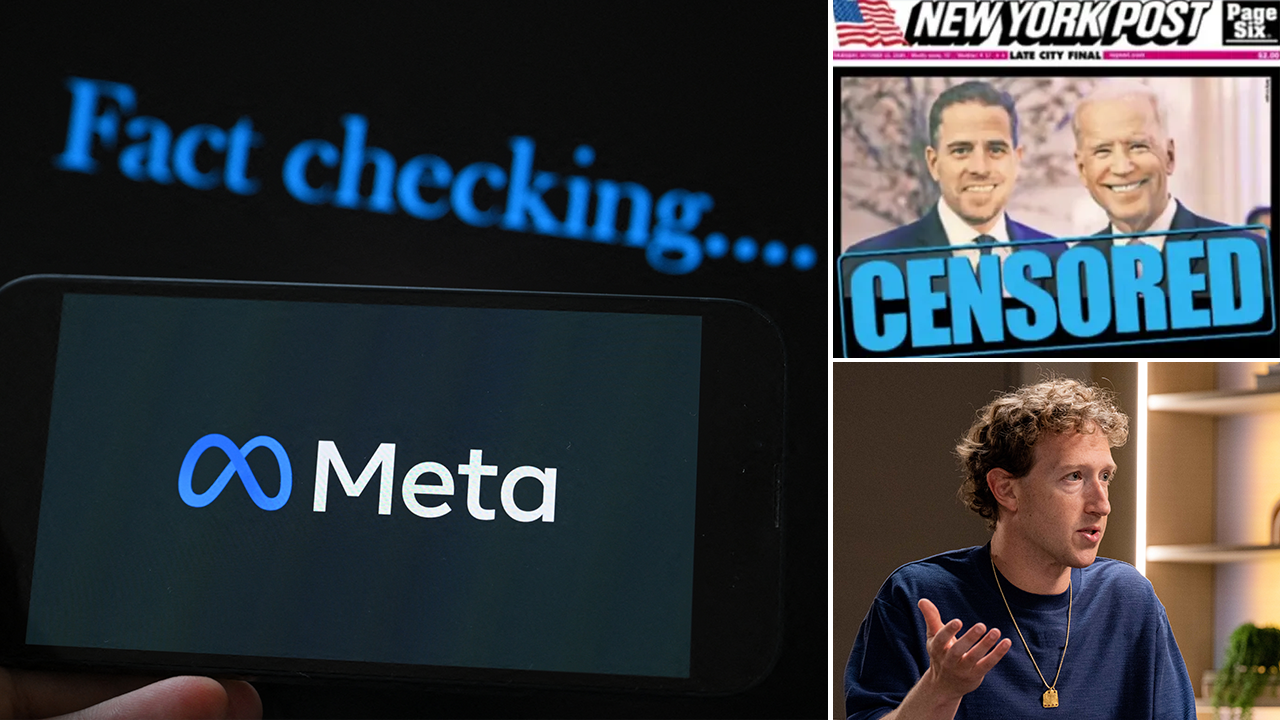If true, then the 2024 election cycle could shift from merely forgettable for Democrats to downright catastrophic. They have based their electoral strategy on decades of near-total domination of the black-voter demographic to maintain their grip on power. While that applies to municipal elections in big cities, it applies even more to presidential elections.
Four years ago, Democrats leveraged that into a stunning win in Georgia, normally a safe state for Republicans in presidential cycles. Joe Biden eked out a narrow 0.3-point margin of victory created mainly by a massive turnout of black voters against Donald Trump, winning 83% of black men and 92% of black women who combined for 28% of the vote. Democrats also won both Senate seats and planned to use those victories as leverage elsewhere in the South.
Now, however, Democrats have begun to panic. Politico reports that black voters have much less of a connection to Kamala Harris — and want a change from the Biden-Harris status quo. They are taking a fresh look at the man whom Harris and other Democrats have tried to paint as the enemy:
In the final weeks of the campaign, Democrats are working to shore up the coalition that helped turn Georgia in their favor in the presidential election four years ago and in two Senate races in 2021. But in a state where President Joe Biden narrowly won in 2020, drawing 88 percent of the Black vote, months of public polling showing some Black men moving toward Trump is part of the reason the former president appears stronger in Georgia than this time four years ago. …
But for all the support Harris has in this state, Trump is still cutting into her margins — even with some voters who express reservations about him.
Arthur Beauford, a 28-year-old from Marietta, said he decided to vote for the first time this election — for Trump, despite his family members still being “Democrat, all the way.” Beauford said it’s not just him, that he keeps hearing similar remarks from other young Black men nearly every time he is at the gym: Comments about Trump being “funny.” “Entertaining.” Even “brave,” Beauford said, noting it’s not uncommon to hear his peers talking about an unspecified “they” who are out to get the former president.
“I’m not necessarily the biggest fan of Trump,” Beauford said, “but I’ll definitely take Trump over Harris,” adding that he was impressed by Trump’s business experience, while suggesting that Harris, a former prosecutor, California attorney general and senator, wasn’t qualified and “just seems to have been given everything” in her career.
To some extent, the credit may go to another Republican. Brian Kemp has significantly expanded the GOP’s appeal to black voters, as Politico notes later in the article. Really, though, the credit or blame probably lies with Biden, who campaigned on the promise of normalcy, only to create and perpetuate economic chaos. “Buyer’s remorse” is one explanation offered by a former GOP operative, who notes that mean tweets don’t mean as much when you can’t buy groceries any longer.
Harris has to deal with the inflation legacy of their administration, but that’s not her only problem. The Politico article dances around it, but Harris seems to have issues landing as authentic. Sure, she matriculated at an HBCU, but that only counts among the Academia elite — even in the black community, or perhaps especially there:
“This race is between college educated and non-college educated. And in the Black community, this race is between working-class and what I call the bourgeois college-educated class,” said Shelley Wynter, a Black conservative radio host in Atlanta. “If you went to college, an HBCU, were part of the Divine Nine, you’re all in for Kamala Harris.”
In other words, this may be less about the “black” vote and more about the class vote. That parallels a similar trend among Catholic voters, a demographic that has much less political cohesion than black voters. Removing Biden appears to have created a significant cultural disconnect from working-class voters across other demographic boundaries, manifesting in a way that is noticeable by seeing it through perhaps-outdated paradigms.
But if that’s the case with black voters, the changes are subtle, at least in public polling. Quinnipiac dropped a Georgia poll yesterday that has Trump up six points, his best showing since Harris took over for Biden. (It’s a bit of an outlier, but Trump has led or tied in 19 of 21 polls since Labor Day.) The Q-poll does provide demo crosstab results, and Trump got … thirteen percent of black voters. That’s a slight tick upward from 11% four years ago, but it doesn’t look like momentum — yet, anyway. A CBS poll in late September showed Trump getting 15% of the overall black vote. Even a small shift in this demo toward Trump’s direction could prove fatal to Harris’ chances of holding Georgia, but at least for the moment, that’s what we are seeing.
Still, the larger problem for Democrats may not be black voters per se but their loss of connection to working-class voters. They have gone all-in on bizarre cultural policies like having boys use girls’ locker rooms, sex-changes for minors, and other woke policies that both originate in and appeal to Ivory Tower progressives. They no longer speak the language of the working class — and the working class is now looking for candidates who get their concerns and at least propose a return to normalcy.
Read the full article here




![Kamala Harris Now Wants You in the Weed Business—After Jailing Thousands [WATCH] Kamala Harris Now Wants You in the Weed Business—After Jailing Thousands [WATCH]](https://www.lifezette.com/wp-content/uploads/2024/10/2024.10.16-01.21-lifezette-670fbde9d3584.jpg)
![Diddy’s Mom’s Wild Parties? Disturbing Backstory Finally Exposed [WATCH] Diddy’s Mom’s Wild Parties? Disturbing Backstory Finally Exposed [WATCH]](https://www.lifezette.com/wp-content/uploads/2024/09/2024.09.20-01.52-lifezette-66ed7e0bb9c10.jpg)


![Race-Based Questions Shut Down by Notre Dame Coach Marcus Freeman After Historic Win [WATCH] Race-Based Questions Shut Down by Notre Dame Coach Marcus Freeman After Historic Win [WATCH]](https://www.lifezette.com/wp-content/uploads/2025/01/2025.01.10-08.06-lifezette-67817dd7a1932.jpg)

